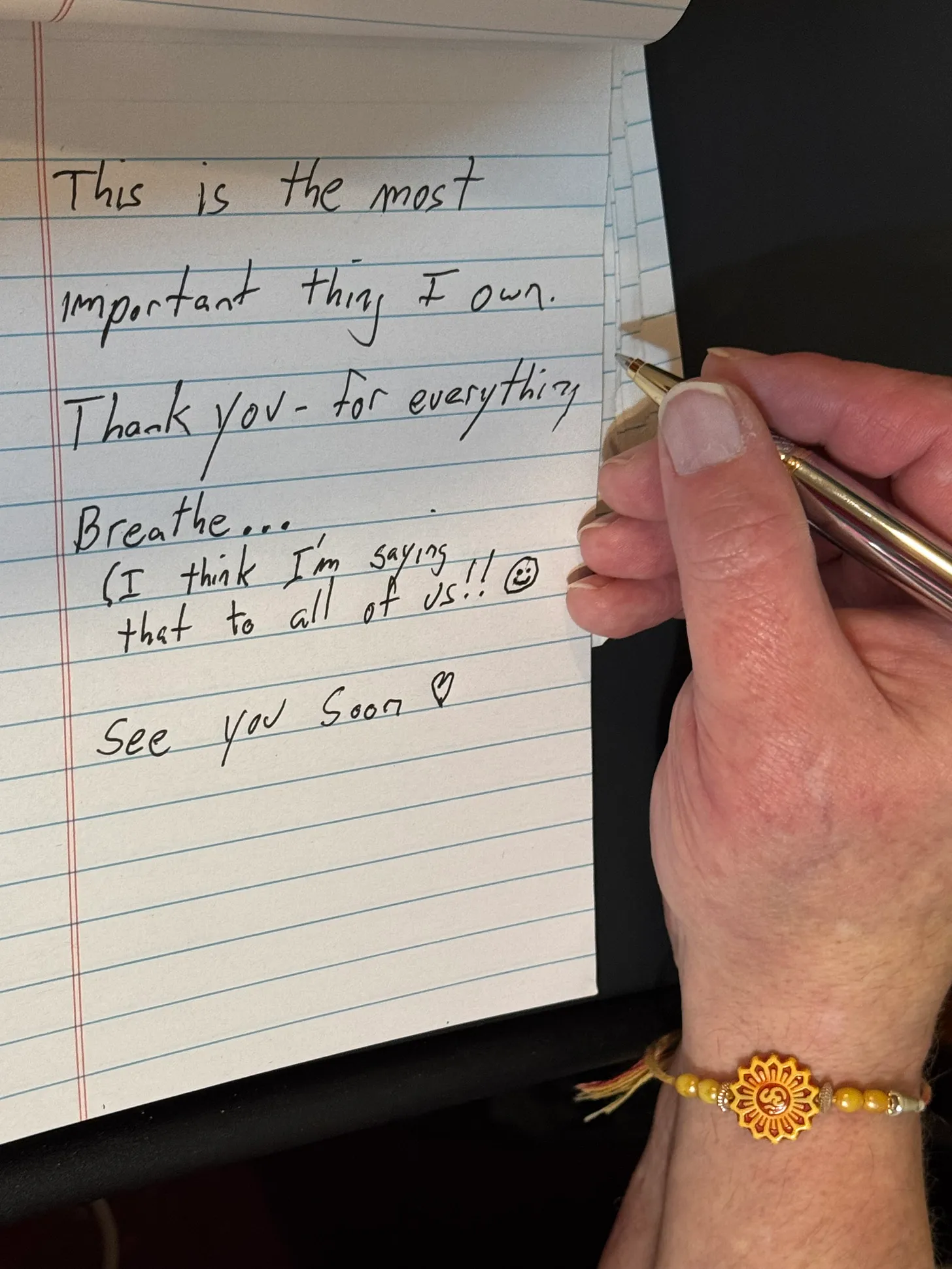Introduction:
Let’s get something straight right out of the gate—if you’ve ever wondered how to write a meaningful obituary, you’re not alone. Most of us have no idea where to begin.
The ones left in the wreckage, sitting in silence that’s louder than bombs, trying to string together a few hundred words that can hold the weight of a whole life.
Most obituaries read like résumés for ghosts. Sterile. Bullet-pointed. Safe.
But they could be so much more—something raw, tender, messy, and human.
Not a eulogy for a body, but a love letter for a soul.
This is your permission slip to stop writing obits like you’re afraid of being too emotional.
Because grief is emotion.
And love? It’s the ink that makes every word worth writing.
That’s the heart of how to write a meaningful obituary—it’s not about the facts. It’s about the feeling.
1. Start With the Truth: What Makes a Meaningful Obituary
The traditional obituary formula is a crime scene.
Time of death. Survived by. Preceded in passing. Like grief is some corporate memo.
But here’s the truth:
A good obituary isn’t about dates—it’s about essence. Who they were. What they left behind that wasn’t stuff but spirit.
Instead of:
“She enjoyed gardening and spending time with her grandchildren.”
Try:
“She waged war on weeds like they owed her money and taught her grandkids how to love things that grow—even if they didn’t bloom right away.”
Tips for starting strong:
• Write like you’re telling a friend who never got to meet them.
• Use their language, not yours—what would they say about themselves?
• Open with an image, a quote, a feeling—not the stats.
• Let the love leak in early.
2. Show, Don’t List
Obits often become laundry lists of affiliations and accomplishments.
That’s fine if someone was their job. Most people aren’t.
Want to honor someone for who they really were? Paint pictures.
Instead of:
“He was a devoted husband and beloved father of three.”
Try:
“He kissed his wife every morning before coffee and somehow made time to attend every one of his daughter’s chaotic middle school band concerts—even the ones with four clarinets and no rhythm section.”
Focus on:
• Moments, not milestones
• Quirks, not just qualities
• Love in motion—how they showed it, not just said it
Use anecdotes like breadcrumbs leading back to the soul of the person. Don’t be afraid to be weird, funny, offbeat. Real love is never generic.
3. You’re Not Writing for Everyone—You’re Writing for the Right People
There’s a voice that creeps in, whispering,
“Keep it classy. Don’t overshare. What will people think?”
Ignore it.
You’re not writing for “people.” You’re writing for your people.
The ones missing that person so hard it feels like a phantom limb.
The ones who need to laugh through tears or cry without shame.
Give them:
• Permission to feel all of it.
• A chance to recognize their person in your words.
• Something they’ll want to keep, read again, whisper to themselves at 2 a.m. when the world’s too quiet.
This isn’t legacy building.
It’s soul stitching.
4. Expert Insight: How to Write a Meaningful Obituary That Doesn’t Suck
Coming from someone who’s stood in the wreckage more than once—and written obits for ex-cons, empaths, addicts, and saints (sometimes the same person)—here’s the cheat sheet:
a. Talk to the Inner Circle
Ask the people closest to them for a story.
Not a summary—a story. The one they always tell. The one that makes them laugh or cry or both.
b. Use Your Voice, Not a Template
Don’t sound like a funeral director from 1963.
Sound like you.
Authenticity beats polish. Every time.
c. Honor the Hard Parts (If You Can)
Not everyone dies with a spotless past.
Don’t sugarcoat addiction, estrangement, or struggle—just don’t let those be the whole story either.
Say it with grace. Say it like someone who understands love is sometimes complicated, but never counterfeit.
d. Don’t Wait to Be Perfect—Just Start
The first draft will hurt. So will the second. That’s not failure. That’s proof you’re doing it right.
Love hurts. Especially when it’s trying to become language.
Conclusion & Gentle Call to Action
The obituary isn’t the end of their story—it’s the beginning of their myth.
It’s the words we leave behind to say:
They mattered. We loved them. This is how.
So don’t write scared.
Write like they deserve to be remembered in full color, not grayscale.
Write like love is the ink and grief is the pen.
If someone you love is gone, tell the story only you can tell.
And if you need help crafting those words, reach out—drop a comment, share this, or check out our services.
Want a step-by-step guide to writing an obituary that feels like a love letter, not a résumé? Read this next.
They deserve more than bullet points.
You do too.


